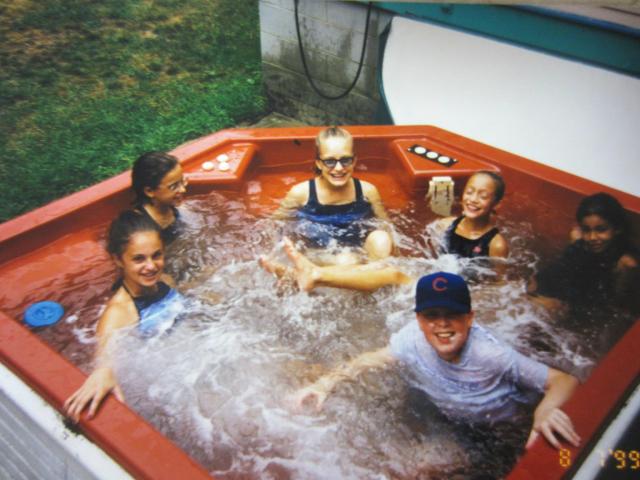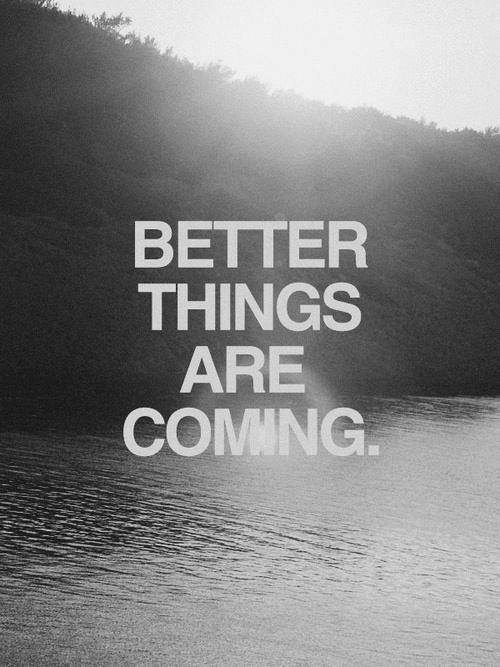You’ve heard me say it before. New Zealand currently has one of the highest youth suicide rates out of all the countries in the OECD. Still, suicide, and talking about suicide, is Taboo in New Zealand. People don’t like to talk about it…more than in the U.S. Further than that, in NZ…you can’t talk about it.
If you are a citizen in New Zealand, then it is not news to you that if a sibling, parent, relative, spouse, or friend commits suicide, you CAN NOT disclose ANY information about the suicide for fear that the action will result in a “copy-cat” suicide and encourage other potential victims to kill themselves. It’s against the law in NZ to go against this. Yeah. You can be prosecuted if you talk to the media about it, write a blog about someones suicide, or print about it in the paper exposing the details.
Not only was this completely shocking to me, but it furthermore drove me to anger. Those left to grieve after the suicide are unable to talk about much of anything regarding what happened to their loved one without the Coroners permission. According to The Coroners Act of 2006:
“If a coroner has found a death to be self-inflicted, no person may, without a coroner’s authority or permission under section 72, make public a particular of the death other than
- (a)the name, address, and occupation of the person concerned; and
- (b)the fact that the coroner has found the death to be self-inflicted.”
I learned about this Act by having a one-on-one chat with Maria Bradshaw, CEO and founder of CASPER, a Suicide Prevention organisation created after her son died from, according to the Coroner, “self-inflicted causes.” Angered by not being able to talk about her son, she challenges the “research” done on the topic of media influence on suicide here.
With the research that I did on the subject, there were many professionals in both camps of the issue. On the side advocating that bringing up the topic of suicide/doing media pieces on suicides is detrimental, this is said:
“Graphic representation of suicides, pictures of spots and the method adopted are often the trigger.” (The Times of India)
“…the way the media presents stories on suicide can have a direct influence on the public’s perception of suicide and its related mental health issues.” (Australian Psychological Society)
“…the greater the amount of coverage of suicide in the media, the greater the increase in suicide rate.” (Journal of Epidemiology & Community Health)
And yet, on the other side, experts have this to say:
“Chief coroner MacLean said the current restrictions were based on fear of copycat deaths, but he did not believe this was a significant factor in New Zealand.” (nzherald)
“A healthy person talking about a suicide or being aware of a suicide among family or friends does not put them at greater risk for attempting suicide. And mere exposure to suicide does not alone put someone at greater risk for suicide.” (SAVE)
“Talking about suicide can only decrease the likelihood that someone will act on suicidal feelings. There is almost no risk that raising the topic with someone who is not considering suicide will prompt him/her to do it.” (Canadian Mental Health Association)
“There is no research evidence that indicates talking to people about suicide, in the context of care, respect, and prevention, increases their risk of suicidal ideation or suicidal behaviours.” (Crisis Center, British Columbia)
While others are seeing the middle ground:
“Some studies find significant increases in suicide after a widely publicized suicide story, while other research finds no effect.” (Journal of Epidemiology & Community Health)
“It’s important to talk about it, but rather than suicide details, media reports could mention how to reach for help.” (Dr. Lakshmi)
According to Australian Psychological Society, “Media reporting (of suicide) can be very helpful, but I think it is also critical (to report) on how the tragedy has impacted on other people – and what was going on that led to the suicide” (Gregor, 2004). Gregor continues to say that it is how we report these stories rather than solely that we report them, that effects suicide rates.
“Psychologists have an important role to play in assisting the media with its coverage of suicide. It is important to ensure that journalists are made fully aware of the potential influence such coverage can have on a depressed person who may, or may not, already be having suicidal thoughts. In their dealings with the media on such issues, psychologists should:
Raise awareness of the mental health issues that so often contribute to suicide, highlighting the treatments and alternatives to suicide;
Encourage use of language that does not glamorise or sensationalise suicide, or present suicide as a solution to problems;
Advise the journalist to avoid explicit details of the method or location of any particular suicide;
When commenting on the suicide of a celebrity, advise the journalist to seek comment on the wastefulness of the act (an air of tragedy coupled with the celebrity’s new “legendary” status can add a perceived glamour and attraction to a vulnerable adolescent);
Provide information on support services and help line contacts (for example, SANE Helpline, Kids Help Line, Lifeline, and the APS referral service), including telephone numbers and any other contact details, so these can be included in the media report.
Finally, should you see an example of irresponsible journalism, contact the media outlet.”
I love this perspective of the entire issue, because it is only through education and “normalizing” suicide that teens can know who to talk to, where to go for help, and realize that they are NOT the only person going through what they are going through. Furthermore, education helps those people involved in that persons life to recognize the signs of suicide and know where to point the person showing those signs.
Reform is desperately needed with how we approach suicide in New Zealand; Research, education, advocation, implementation of policy, law reform, program creation, referring families, as well as not just prescribing medications without marrying that with counselling services. Too many teens and adolescents have died due to improper practice by psychologists, or counsellors. Throwing medication at problems without guiding the patient and following up with them can cause misuse of medications, and even worsen the depression. Practitioners MUST use research to find what works best instead of either: Doing what is current because it’s current, or doing what has worked in the past simply because it worked in the past.
The answer is NOT sweeping the problem under the mat and forgetting about it. To decrease rates of suicide, we need to provide resources and support, not isolate those who have experienced this tragedy. Reform is expected regarding rules around media reporting of suicide in NZ early 2014 by the law commission. I can only hope that this country starts using “Best Practice” to treat issues around suicide rather than just what has worked in the past.
A recent article on suicide was published by The New Zealand Herald recently. I recommend reading it. It’s both good, bad, and slightly encouraging. If you made it this far, thank you. This is close to my heart, and something I get very passionate about. Please be informed, as this is not an individual problem, but a shared national tragedy. Thank You.
_____________________________________________________________________
References:
Bradshaw, M. (2013) Copycat Suicide. CASPER. Retrieved from http://www.casper.org.nz/copycat-suicide
Coroners Act 2006. New Zealand Legislation. Retrieved from http://www.legislation.govt.nz/act/public/2006/0038/latest/DLM377809.html
Crisis Centre. FAQs about suicide. Crisis Intervention and Suicide Prevention Centre of British Columbia. Retrieved from http://www.crisiscentre.bc.ca/get-help/frequently-asked-questions-about-suicide/#2
Experts: Images, details trigger copycat suicides. (Jul 31, 2013) Times of India. Retrieved from http://articles.timesofindia.indiatimes.com/2013-07-31/chennai/40913991_1_copycat-suicides-third-floor-dr-lakshmi-vijaykumar
Gregor, S. (August, 2004) Copycat suicide: The influence of the media. Australian Psychological Society. Retrieved from http://www.psychology.org.au/Content.aspx?ID=1830
McCracken, H. (2013) Suicide rates rise for women, drop for men. The New Zealand Herald. Retrieved from http://www.nzherald.co.nz/nz/news/article.cfm?c_id=1&objectid=11114600
Mindframe Media and Mental Health (MMMH) Project; Mental Health Branch, Department of Health and Aged Care; and The Australian Press Council.
Preventing suicide. (2010) Canadian Mental Health Association. Retrieved from http://www.cmha.ca/mental_health/preventing-suicide/#.UlXhpBaofkY
Suicide and depression. (2013). SAVE (Suicide Awareness Voices of Education). Retrieved from http://www.save.org/index.cfm?fuseaction=home.viewpage&page_id=705c8cb8-9321-f1bd-867e811b1b404c94
Stack, S. (2003) Media coverage as a risk factor in suicide. J Epidemiology Community Health ;57:238-240 doi:10.1136/jech.57.4.238



